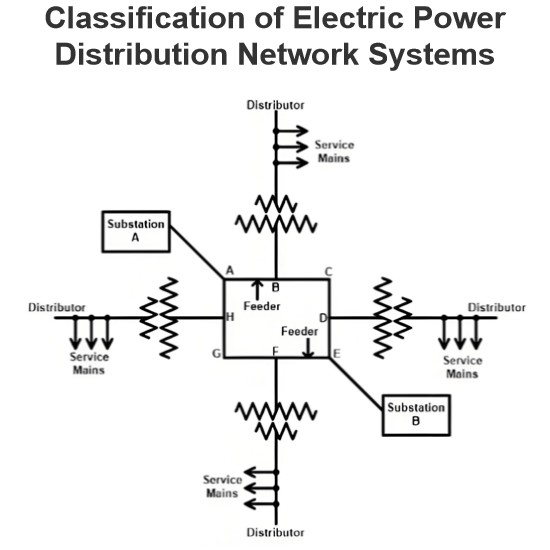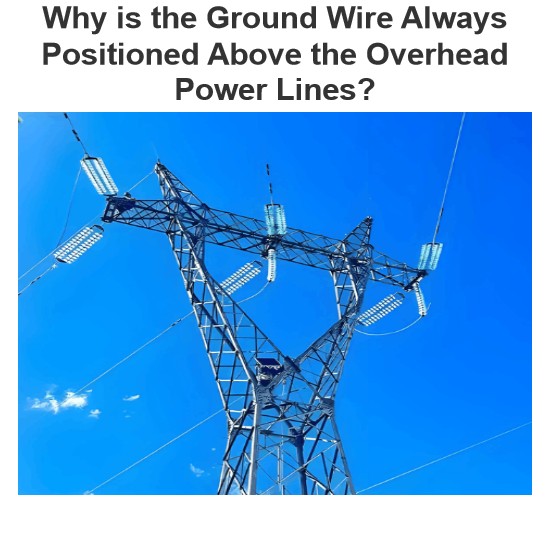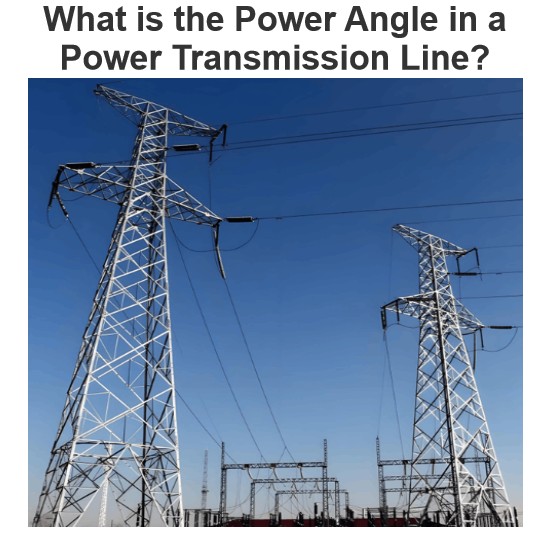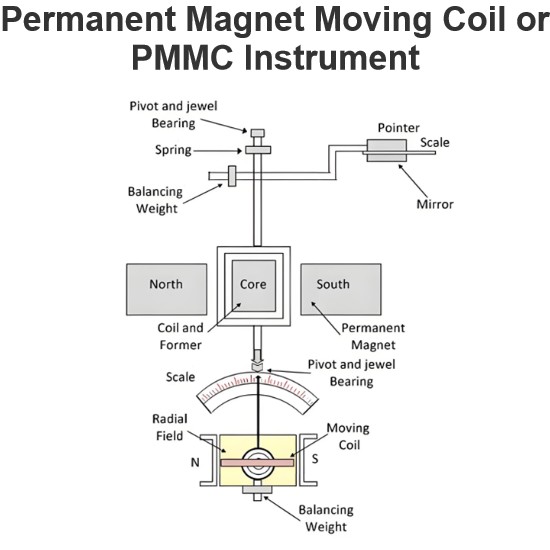Economic Dispatch Problem: What is it? (Security & MOE)
What is Economic Dispatch?
Economic dispatch (also known as economic load dispatch or merit order) is defined as an online process that allocates the generation among the available generators to fulfill the load demand that helps to minimize the total generation cost.
The economic dispatch outlines efficient and dependable methods for operating generation facilities, considering operational constraints on production and transmission systems, to serve consumers.
The economic dispatch determines the optimal output of a number of electricity generation facilities. It contributes to meeting system load at the lowest cost possible, subject to transmission and operational constraints.
Generators with the lowest marginal costs should be used first to supply the load cost-effectively. The system marginal cost should be determined by the marginal cost of the last generator under load. This is the price of adding one extra MWh of energy to the grid.
This method of scheduling generation, referred to as economic dispatch, lowers the price of producing electricity. The traditional economic dispatch approach was created to control fossil fuel-burning power units.
The economic dispatch problem is resolved using specialized computer software. This software should satisfy the operational and system restrictions of the available resources and related transmission capabilities.
In economic dispatch, the actual and reactive power of the generator varies within predetermined bounds and meets load requirements while using less fuel. Therefore, a power system interconnection allows the number of power plants to be connected in parallel to serve the system load. It becomes required to run the plant units more efficiently in the grid system.
The electric power system is rapidly expanding. Power system interconnections allow multiple power plants to connect in parallel to meet system load. In the grid system, it becomes necessary to run the plant units more effectively. These are the costs incurred by a power plant to produce a single megawatt-hour.
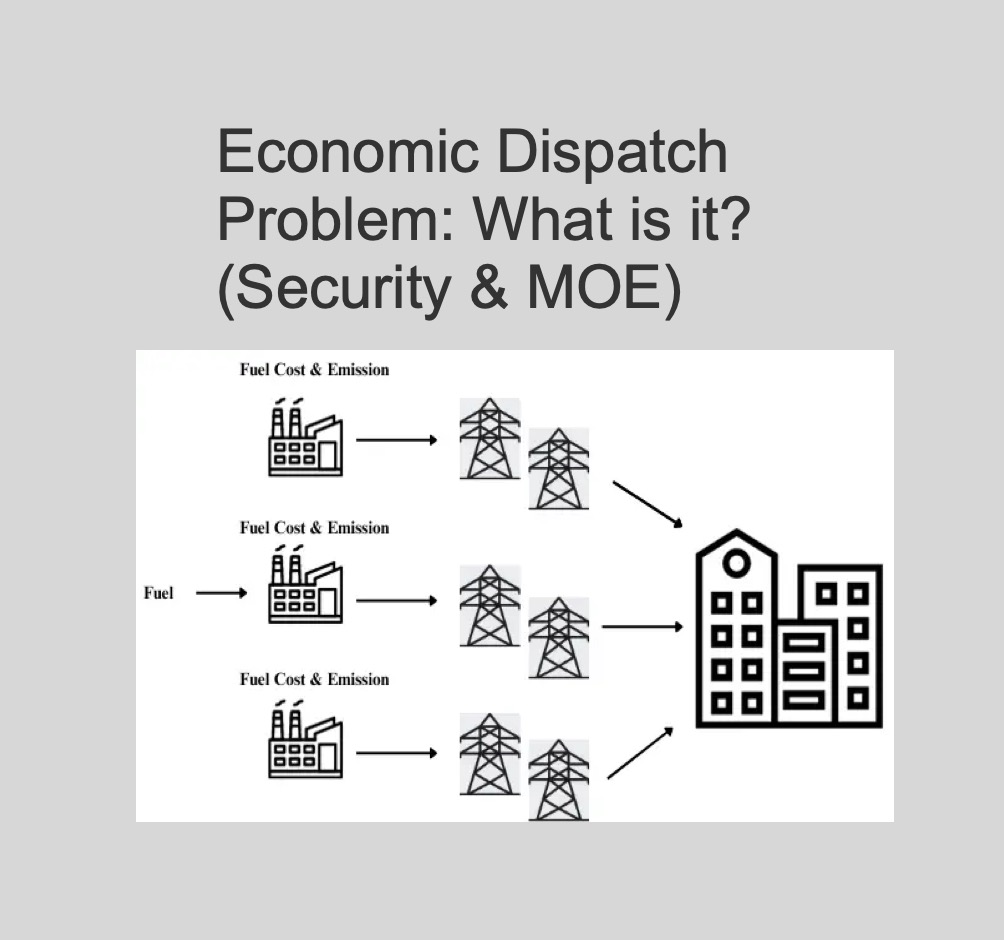 Depiction of economic dispatch
Depiction of economic dispatch
The merit order is distinct from the fixed costs of a power generation technology. Power plants that continuously produce electricity at very low prices are the first to be called upon to supply power, according to the merit order. Then, power plants with higher marginal costs are added until demand is met.
Security – Constrained Economic Dispatch (SCED)
Security-constrained economic dispatch (SCED) is a simplified optimal power flow (OPF) problem. It is widely used in the power industry. Optimal power flow is one of the most important optimization problems in the energy industry.
OPF aims to determine the ideal amount of electricity that the grid’s generators must provide to meet a specific demand. The cost that each generator incurs in producing this power is how optimality is determined.
There are several major approaches to solving the SCED problem, such as linear programming (LP), network flow programming (NFP), quadratic programming (QP), nonlinear convex network flow programming (NLCNFP), and the genetic algorithm (GA).
Merit Order Effect (MOE)
Wholesale electricity prices have been driven down by the expansion of renewable energy sources, which have lower production costs. The process by which the market price is determined is known as the “merit order effect.”
The merit order impact in the energy-only market refers to the reduction in power prices at the electricity exchange brought on by an increase in the supply of renewable energies. The power price is determined by the “merit order”.
The order in which power plants supply energy to the market, with the plant that made the best deal at the outset setting the bar with the lowest operating costs.
The clearing price and the clearing volume are determined by the point where the electricity supply and demand intersect. This clearance price will be paid to all market participants who operate power generators for the grid. Likewise, everyone who purchases electricity at the wholesale market will pay the same price.
The merit order sequence has changed as a result of steadily falling electricity production costs, particularly in the development of renewable energy, with conventional power plants moving further behind. With the growing feed-in of renewable energies like photovoltaic, wind energy, or biomass, the effect is extremely obvious.
During peak load periods, fluctuating wind and photovoltaic power plants with marginal costs close to zero are entering the market and pushing traditional power plants toward the end of the merit order.
The merit order effect (MOE) of renewable energies is the term used by the energy sector to characterize this phenomenon. Conventional power plants just need to supply the residual load or the remaining electrical demand that renewable energies cannot meet.
References
B. H. Chowdhury and S. Rahman, “A review of recent advances in economic dispatch,” in IEEE Transactions on Power Systems, vol. 5, no. 4, pp. 1248-1259, Nov. 1990, doi: 10.1109/59.99376.
Chen, C., Qu, L., Tseng, M., Li, L., Chen, C., & Lim, M. K. (2022). Reducing fuel cost and enhancing the resource utilization rate in energy economic load dispatch problem. Journal of Cleaner Production, 364, 132709. https://doi.org/10.1016/j.jclepro.2022.132709.
R. A. Jabr, A. H. Coonick and B. J. Cory, “A homogeneous linear programming algorithm for the security constrained economic dispatch problem,” in IEEE Transactions on Power Systems, vol. 15, no. 3, pp. 930-936, Aug. 2000, doi: 10.1109/59.871715.
Statement: Respect the original, good articles worth sharing, if there is infringement please contact delete.
We aim to gather electrical knowledge and share it with others.
